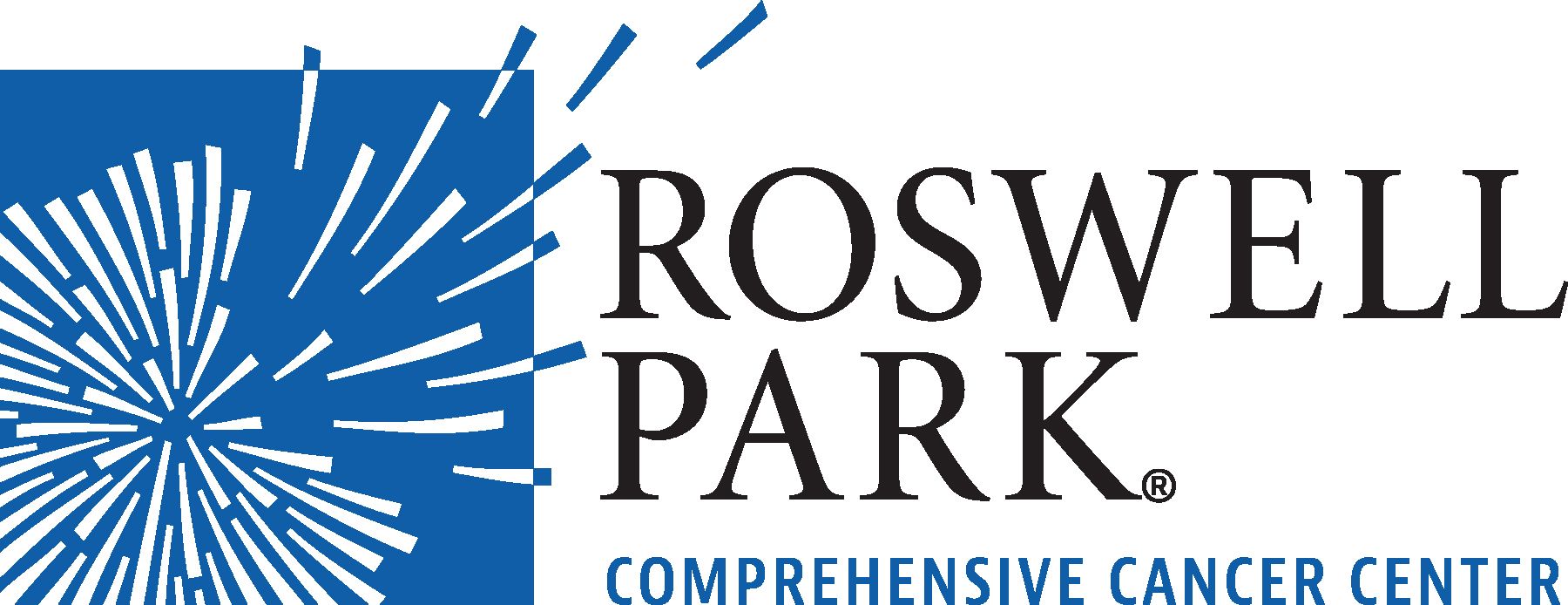
Dr. Wetzler Discusses the Use of Arsenic Trioxide in APL

Meir Wetzler, MD, Chief, Leukemia Section, Department of Medicine, Roswell Park Cancer Institute, discusses a study presented at the 2012 American Society of Hematology Meeting analyzing arsenic trioxide in acute promyelocytic leukemia.
Meir Wetzler, MD, Chief, Leukemia Section, Department of Medicine, Roswell Park Cancer Institute, discusses a study presented at the 2012 American Society of Hematology Meeting analyzing arsenic trioxide in acute promyelocytic leukemia (APL).
Wetzler notes that APL was a deadly disease until ATRA came along in the 1970s. Since then, it has been used with chemotherapy to improve survival.
The phase III trial APL0406 trial looked at all trans-retinoic acid (ATRA) and arsenic trioxide compared to ATRA and idarubicin for newly diagnosed patients with non high-risk APL.
In this trial, after a median follow-up of 31 months, the two-year event-free survival was 97% (95% CI, 93.1—100) in the ATRA + arsenic trioxide arm and 86.7% (95% CI, 80.3–93.6) in the ATRA + idarubicin arm (P = 0.03). In this population, front-line treatment with arsenic trioxide and ATRA without chemotherapy is not inferior.






































